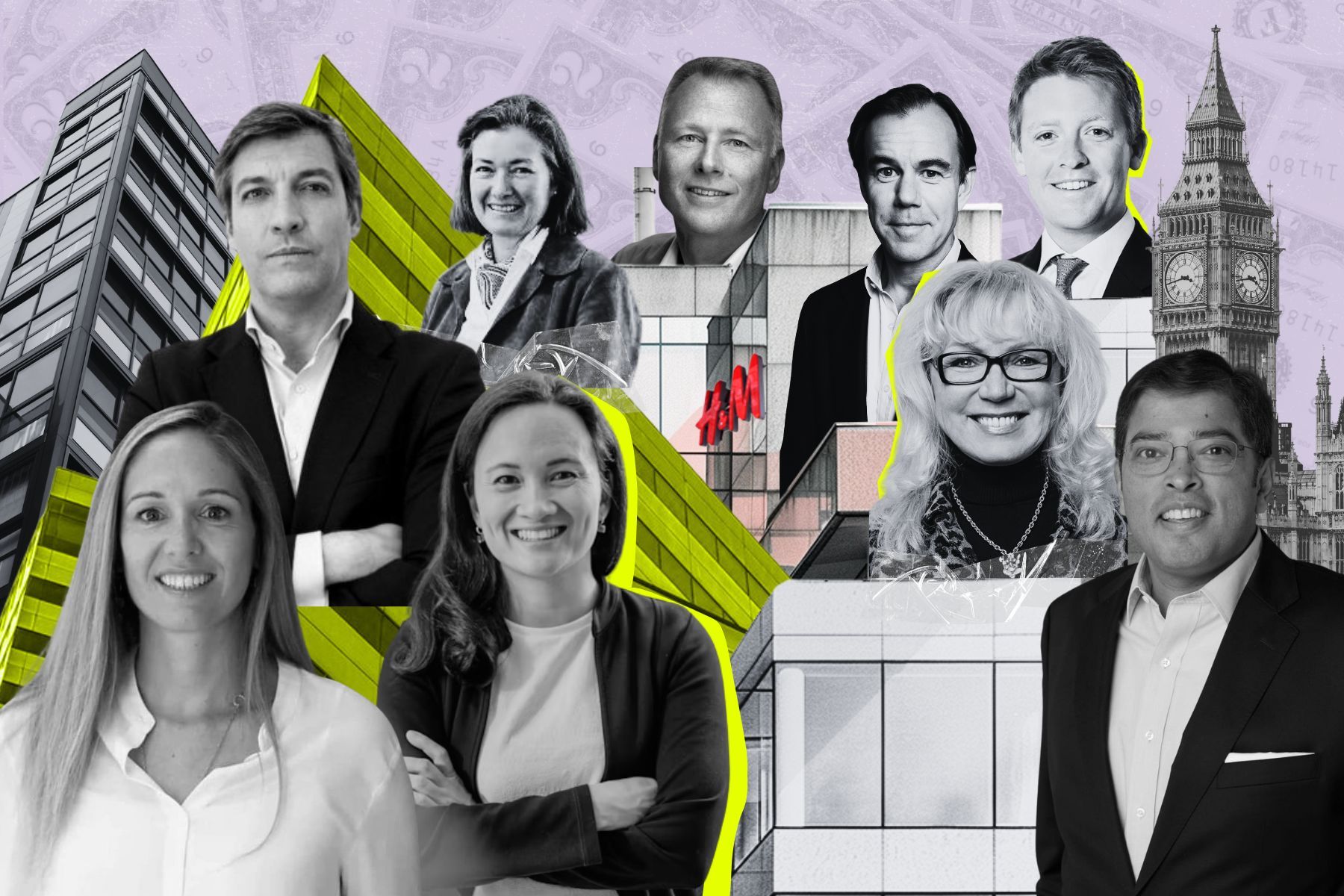'We’re going after the hard-to-crack problem – heavy industry’
From landfill and construction to the tyre industry, fast-growing British climate tech company Levidian is on a mission to decarbonise the world’s most carbon-intensive sectors. In this exclusive interview with Impact Loop, CEO John Hartley shares:<br><br>→ How Levidian’s unique technology captures carbon from methane<br>→ Why the company is making and auctioning ‘super-material’ graphene<br>→ The key challenges facing climate tech companies in 2025


That business case is a multi-layered strategy aimed at cutting emissions from high-emitting heavy industries. Industrial sectors are responsible for around 34 percent of global emissions, according to data from the UN.
Spun out of Cambridge University in 2012 (and originally called Cambridge Nanosystems), Levidian has developed a patented technology called LOOP (Editor: Here at Impact Loop we of course approve of the name!).
This tech captures carbon from methane – a potent greenhouse gas typically released through industrial activities such as oil production, farming, and landfill decomposition.
Levidian uses “microwave energy” to break down the carbon into “two highly valuable outputs.” The first is hydrogen, which can be used for heat and energy. Unlike fossil fuels, burning hydrogen produces only water vapour and no carbon dioxide is released.
The second output is graphene, a thin, transparent and incredibly strong “super-material” that can replace or be added to high-carbon materials like concrete or aluminium in countless products.
While graphene is traditionally made from graphite rock—a carbon-intensive process involving mining and chemical exfoliation—Levidian’s method enables far more sustainable and scalable production. The firm's graphene is already being used in concrete to reduce cement usage, and in rubber tyres, where tests suggest it improves fuel efficiency by up to 4%.
A bit less sexy than a moon mission!
"We want to focus on what has scale"
Hartley, a first-time CEO, says the material has far-reaching further potential, and has even been tested in a space probe. However, his team is “consciously” dedicated to tackling the “hard-to-crack problem” of cutting emissions in heavy industry, rather than other sectors.
“We want to focus on what has scale and what can really decarbonise our infrastructure, and that means it might be a bit less sexy than a moon mission!” he laughs.

Existing clients include an Abu Dhabi landfill site, where LOOP technology will create graphene and a “hydrogen-rich blend gas” used to generate low-carbon electricity. At Worthy Farm, home of Glastonbury Festival (the UK’s largest music event), the tech has transformed methane from cow slurry—a process dubbed “poo power” by at least one British newspaper.
This spring, Levidian’s technology will be used to transform methane-rich biogas produced through wastewater treatment in northern England. The firm is collaborating with United Utilities—a local water services company—on a project awarded £3m (approximately €3.48m) of funding from the British government.
A 'graphene auction'
Levidian is also doubling down on finding customers for its graphene. A “graphene auction” in March aims to boost interest and highlight its desirability. Various global companies have been producing graphene for two decades, but it has yet to go mainstream.
“We'll look at how much volume we have available, how much people are bidding for, and award contracts to those who want the most volume at the most competitive price,” says Hartley.
Participants who have already expressed interest range from material suppliers to end-product manufacturers, distributors, and academic institutions. Their target applications include batteries, polymers (thermoplastics and rubber), construction materials, and paints.

Funding challenges
Despite business momentum, Hartley admits Levidian isn’t immune to the funding challenges facing many European impact startups.
The company raised £27m (€33.1m) in its Series A funding in 2022 but its Series B target of £50m (€58m) is taking longer than expected to secure. Hartley says “a great ticket of people” is now on board and is confident the round will close in the first part of 2025, though he acknowledges it’s taken longer than expected.
“The bar for high valuations has really gone up, for example, and the time horizon that investors look at is really shortened,” says Hartley. “The investment market has gotten harder.”
Hartley is optimistic that the funding climate will improve in 2025 as economic jitters ease across Europe, but still worries that sustainability issues are receiving “less attention” globally compared to a few years ago. He is calling for more state support to accelerate decarbonisation across sectors.
“Government funding tends to be good at the very low-level innovation spinouts from universities, and then infrastructure funds are great at scaling up things like solar panels, which are completely proven and de-risked, [but] there's a gap in the middle helping new tech scale,” he argues.
“I think that needs both government and private investors to step in together and actually work in partnership to make that happen… so that you avoid this ‘valley of death scenario’ and new tech can scale quickly.”
Levidian’s own scaling plans include entering new European markets in Q2 and eventually becoming one of the world’s largest graphene producers. The company aims to deliver 50,000 tonnes of graphene annually by 2030 via a global network of LOOP devices.
“There's a growing demand for decarbonisation that doesn't have to compromise companies’ growth and economics,” says Hartley.
There are typically sixty workers on-site at Levidian’s technology centre just outside Cambridge. Twenty years ago, John Hartley was a geography student at the city’s prestigious university, just a few kilometres away. Now he leads this thriving British climate tech business, which is working with heavy industry clients in the UK, Malaysia, Brazil, and the Middle East, and plans European expansion in 2025.
“We've got an increasing flow of people from around the world coming to see us,” Hartley tells Impact Loop on an early morning video call. “The business case works.”
Get full access to Europe's new platform for impact news
- Quality journalism, interviews, investor profiles and deep-dives
- Daily newsletter with top stories, latest funding rounds and roundup to keep you in the loop
Keep reading – get in the loop!
- Håll dig i loopen med vårt dagliga nyhetsbrev (gratis!)
- Full tillgång till daglig kvalitetsjournalistik med allt du behöver veta inom impact
- Affärsnätverk för entreprenörer och investerare med månatliga meetups
Fortsätt läsa – kom in i loopen!
- Håll dig i loopen med vårt dagliga nyhetsbrev (gratis)!
- Full tillgång till daglig kvalitetsjournalistik med allt du behöver veta inom impact
- Affärsnätverk för entreprenörer och investerare med månatliga meetups









